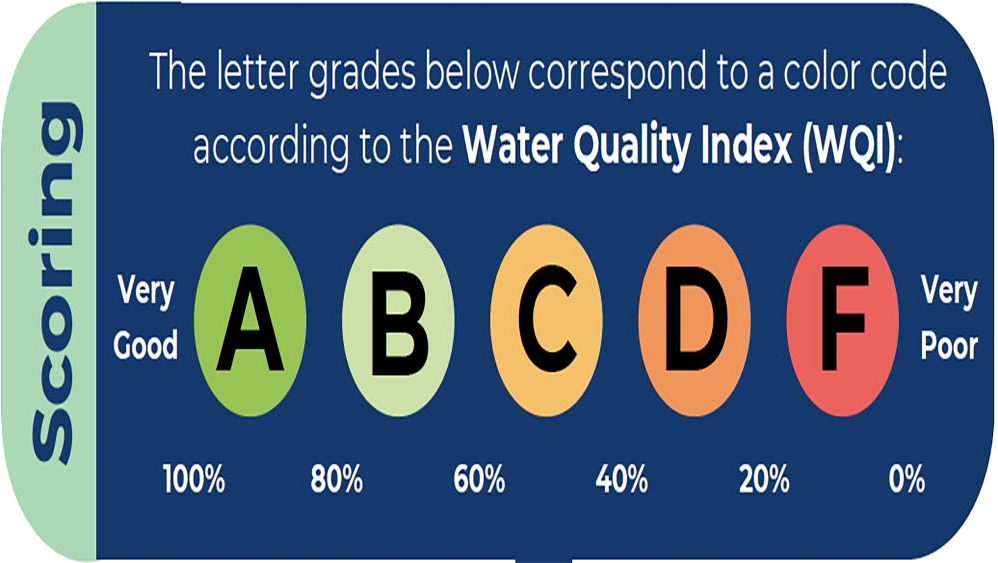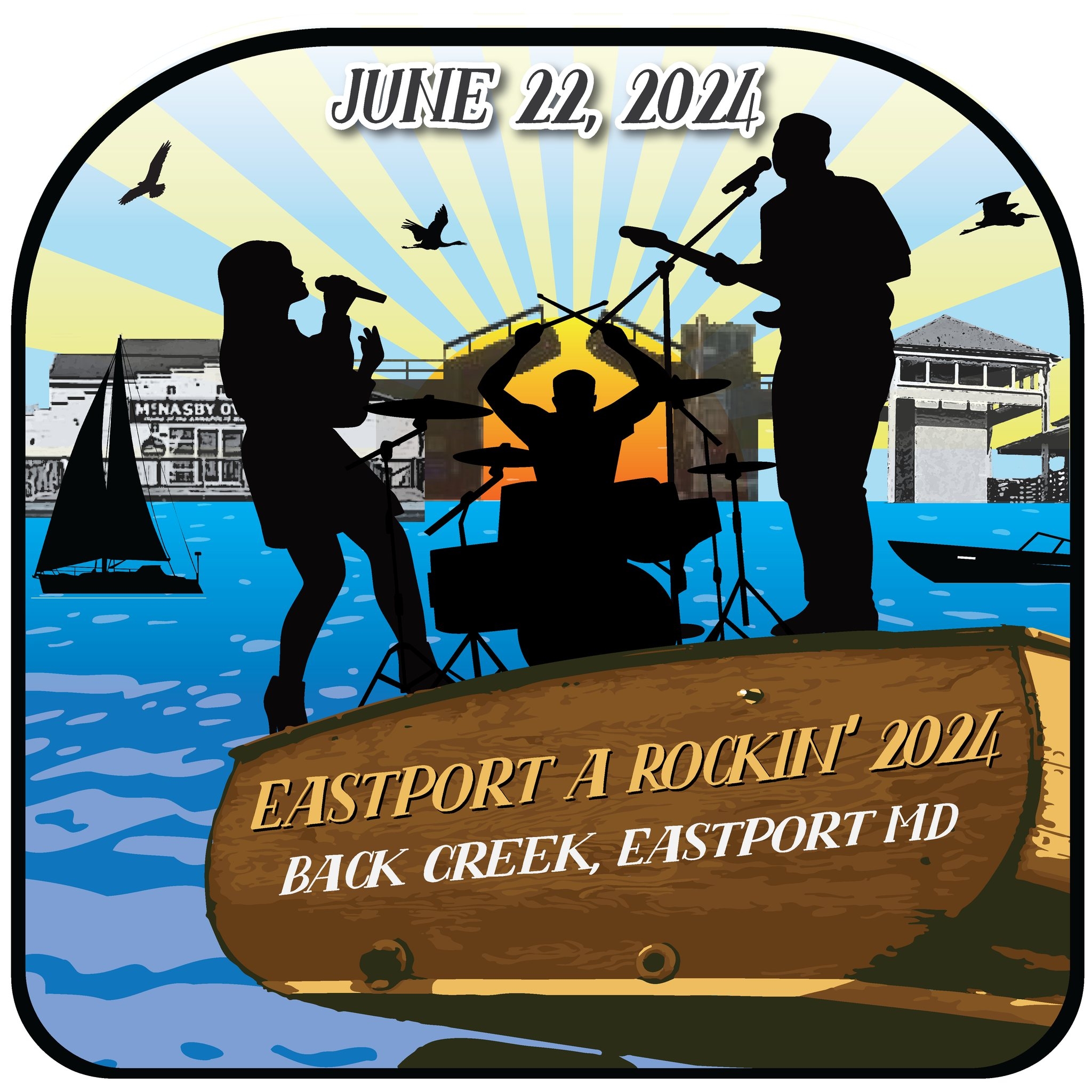On Thursday, April 18, Arundel Rivers Federation (Arundel Rivers) released its 2023 River Report Card for the South, West, and Rhode Rivers at a public event at Quiet Waters Park in Annapolis. The South River had the poorest water quality across the three rivers in 2023 and received a C+. The Rhode River also received a C+, while the adjacent West River received a B-.

A river’s health grade is based upon water clarity and dissolved oxygen readings across all monitoring sites in that river. A high level of water clarity is necessary to sustain oyster reefs and underwater grasses, (also known as submerged aquatic vegetation or SAV) while a high level of dissolved oxygen is essential to sustain marine life. In 2023, Arundel Rivers tested these and other parameters twice a month between April and October at 34 monitoring sites across the three rivers.
“There’s some good news in this report and there’s a humbling call to action for us all,” said Arundel Rivers Executive Director, Matt Johnston. “The good news is that water quality hasn’t fallen off a cliff even as our watersheds have lost tress and gained septic systems, lawns, impervious surfaces, and the like, so we still have an opportunity to restore our rivers. Some of these grades are also very humbling and suggest that each of us must improve what we do on our own lands to ensure our kids can swim in these rivers now and in the future.”

Grades decreased across all three rivers as monitoring moved up from the mouths of the rivers near the open Chesapeake Bay to the smaller, uppermost tributaries. These tributaries are often shallower than the mouths of the rivers and are more susceptible to pollution from surrounding lands. Landowners can lower pollution from their properties with simple actions like foregoing fertilizer applications, planting native flower gardens, pumping out and maintaining septic systems, and scooping up pet waste.
“These grades are just the beginning of our efforts,” said Elle Bassett, the South, West, and Rhode Riverkeeper for Arundel Rivers. “Over the next three years, we will monitor nitrogen and phosphorus, two leading pollutants to our rivers, and chlorophyll (algae) levels at each station to get a much better picture of the causes of low clarity and low dissolved oxygen, and target restoration efforts to combat those causes. ”
The grades also indicate that there are many spots across our three rivers that are ready for the targeted restoration of underwater grasses.

“We cannot restore our rivers without restoring the underwater habitat that once flourished. That’s why we are thrilled to have secured funding from the National Fish and Wildlife Foundation and the Chesapeake Bay Trust to build an SAV turbulator – a machine that will separate seeds from underwater grass stems so they can be spread in shallow areas across our rivers,” said Bassett.
You can join Bassett and Johnston at a second, free, public report card event on Thursday, April 25 at 5:30 PM at the Galesville Memorial Hall located at 952 Main Street, Galesville, MD. You can also learn more about the monitoring efforts of Arundel Rivers and explore monitoring data and the 2023 River Report Card at this link.
The 2023 River Report Card for the South, West, and Rhode Rivers was made possible through a generous donation by the Whitman Team of Long and Foster.
















































